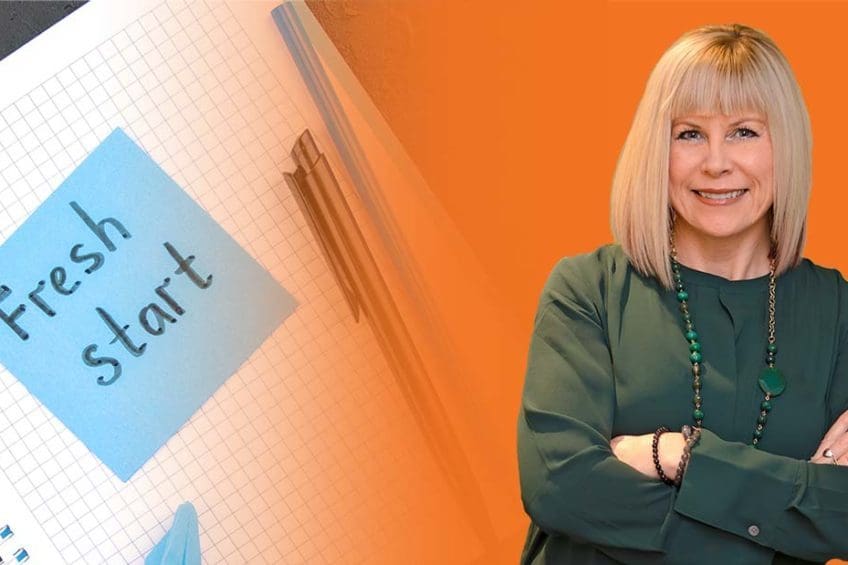The Fresh Start Effect: Why Good Habits Get Off Track and How to Fix It
By Kimberly Eckert, Registered Psychologist Eckert Psychology & Education Centre
Fresh starts are moments when we naturally activate and start making changes in our lives. As humans, we inspire ourselves with important anniversaries – like a milestone birthday or a new calendar year – to make meaningful changes. For me, my “fresh start” was the start of my summer vacation this year. I had a long stretch of days off of work and I used it to get started on a new goal of mine… walking at least 10,000 steps a day. Throughout the course of the pandemic, my energies were focused on navigating the bumping waters of online schooling, a new way of doing business, clients facing new and unexpected challenges, and the painful experience of being separated from loved ones. I was excited about having the summer to reset my focus on restorative practices and to rebuild my energy.
So, with the sunny, warm days of summer upon me, my fresh start eased me into a new habit and with it greater physical and emotional health. However, as many of you can attest, starting a new habit is not easy to keep in place. One of the reasons we struggle to keep on track is the effects of a second “fresh start”. Research has found that new starts can upset routines that people are doing well with prior to the disruption. For example, undergraduate students who wanted to develop the habit of going to the gym signed up and stayed with it until they went home for winter break. When they came back for their second semester, many students struggled to re-establish their routine of going to the gym. For me and perhaps you, summer ending and work/school starting, has thrown a wrench in summer successes towards better health. This second “fresh start” of a new school year and returning to work is challenging my routine of long walks. However, just knowing about the disruption fresh starts can have on positive changes can help. Knowing this is the norm helps us prepare for the disruptions that come from a new fresh start so we aren’t surprised when it throws us temporarily off our game. Labelling what is happening can neutralize its emotional effect and quiet the unwelcomed negative self-talk.
If you find yourself struggling to get back into your healthy summer routines now that fall is here, start by saying something like this to yourself… “Oh I know what is going on here – my first fresh start just got high-jacked by this second fresh start!” This is totally normal, it happens to people all the time. I can make a plan to get back on track. I’ve got this.”
With the changing colour of the leaves and a few bumpy days figuring out where to fit in my 10,000 steps, I am finding new ways to get my weekly steps in. Pause right now and reflect on when your “fresh start” began and what “second fresh start” bumped you off course. It’s normal. Expected. Take a deep breath. Pick a new fresh start day to re-establish your healthy goal – the first day of fall, your birthday, or Monday! You’ve got this!
Looking for more help with building healthy habits? Contact us here to get referred to Eckert Psychology & Education Centre’s team.
Kimberly is the Founder and Executive Director of Eckert Psychology & Education Centre. In her role as a Registered Psychologist, Kimberly provides assessment, counseling, and parent education services at Eckert Centre. Kimberly makes a unique contribution to the Centre through her skills in parent-child attachment, her parent education seminars, and her passion and expertise in working with families who have a child with special needs. Kimberly also supports teens and adults who want to build healthy habits using the science of behaviour change. Kimberly can be heard on the radio each Wednesday morning with “Parenting Moments with Kimberly” on 88.9 Shine FM.
Reference:
Dai, H., Milkman, K.L., & Riis, J. (2013).The Fresh Start Effect: Temporal Landmarks Motivate Aspirational Behavior, in NA – Advances in Consumer Research (41). Eds. Botti, S. & Labroo, A. Duluth, MN: Association for Consumer Research.

